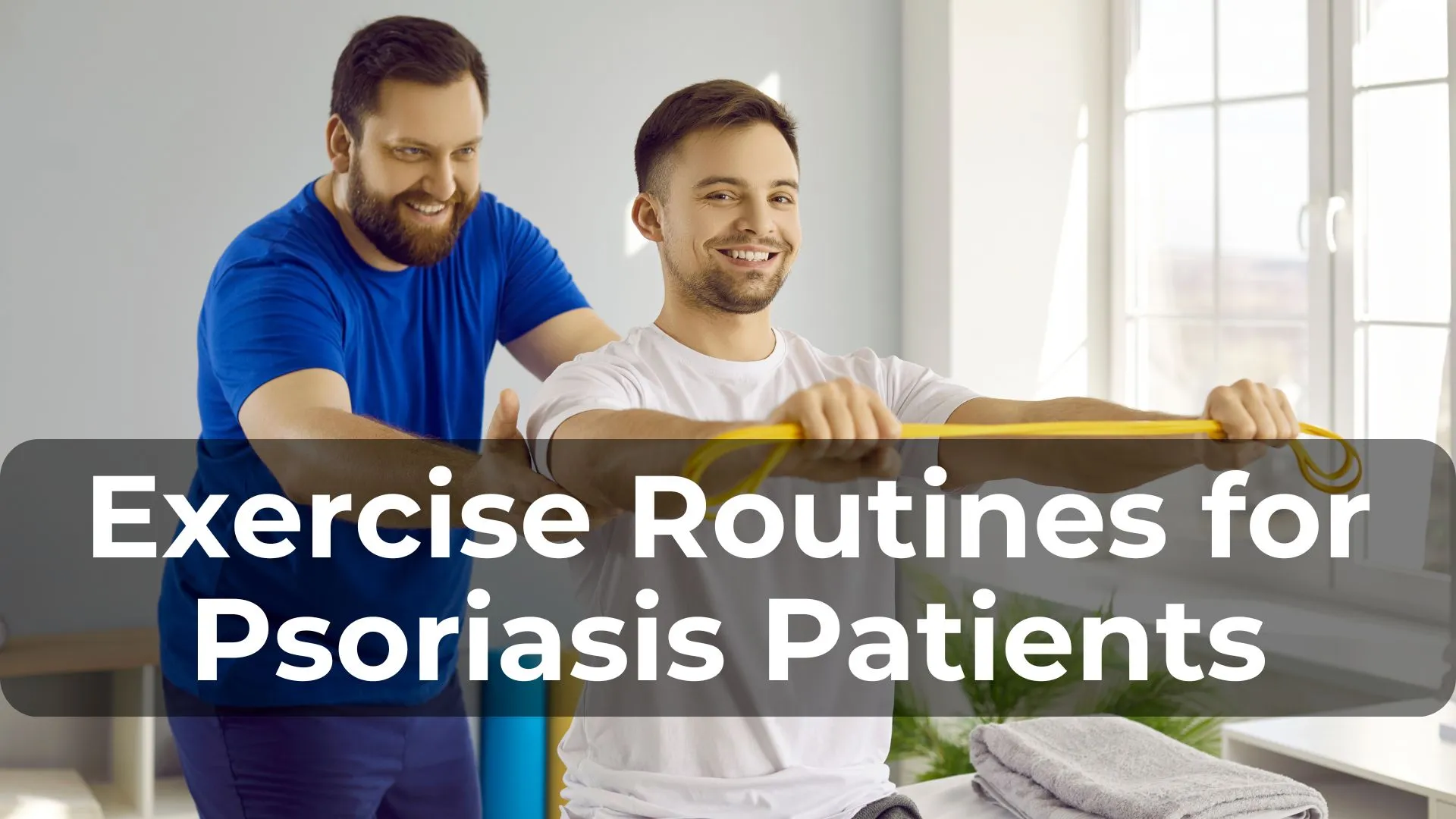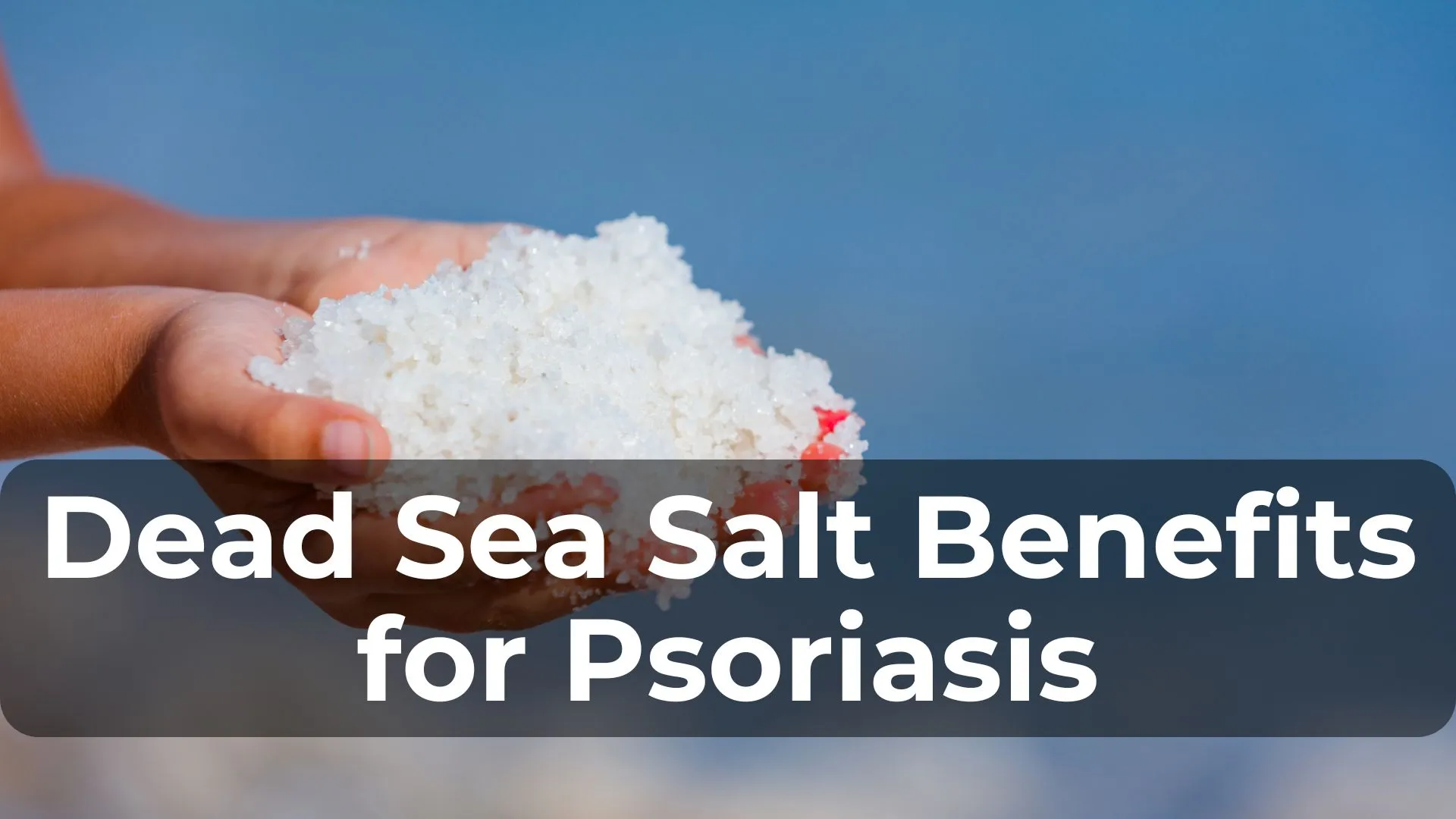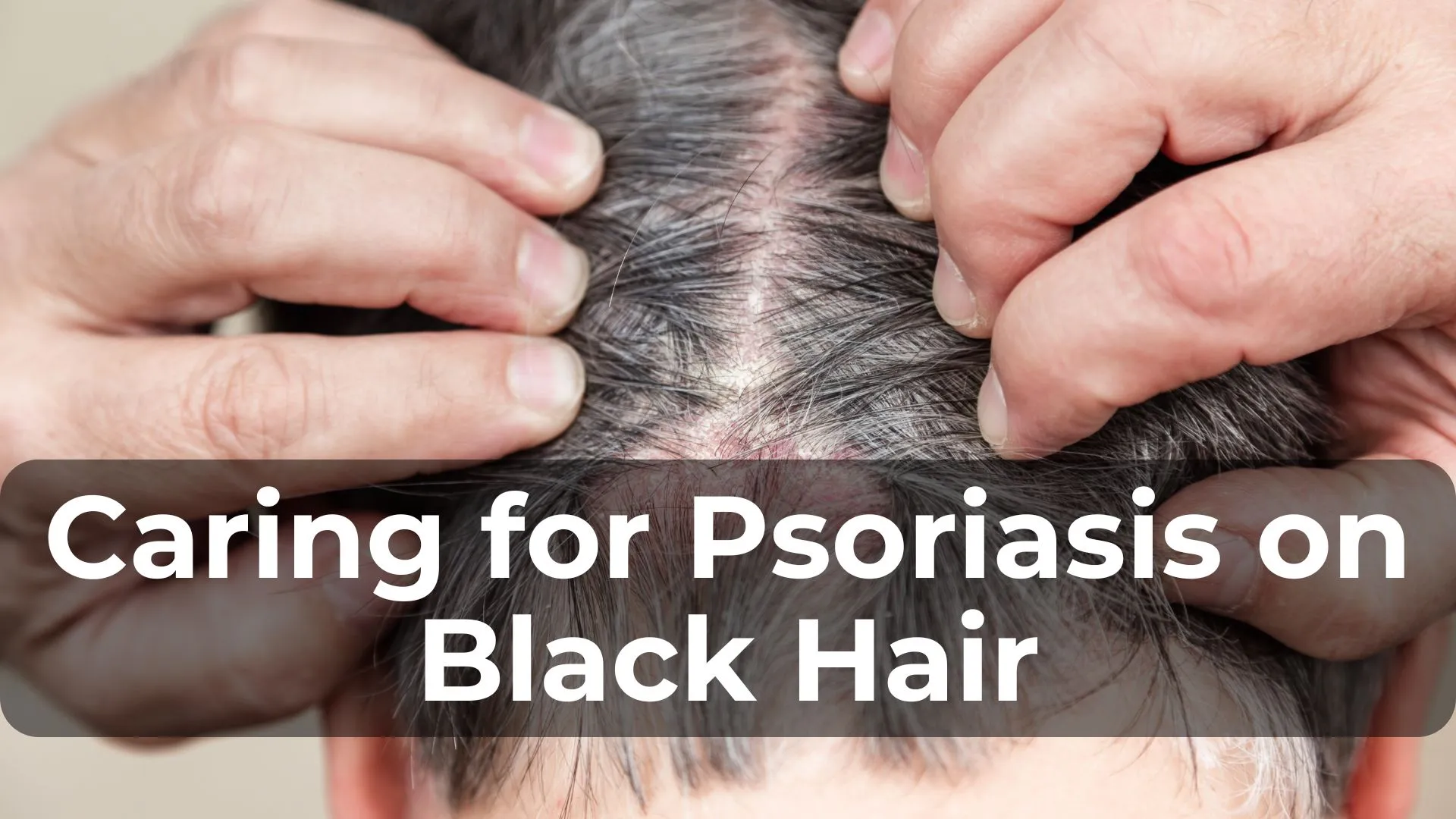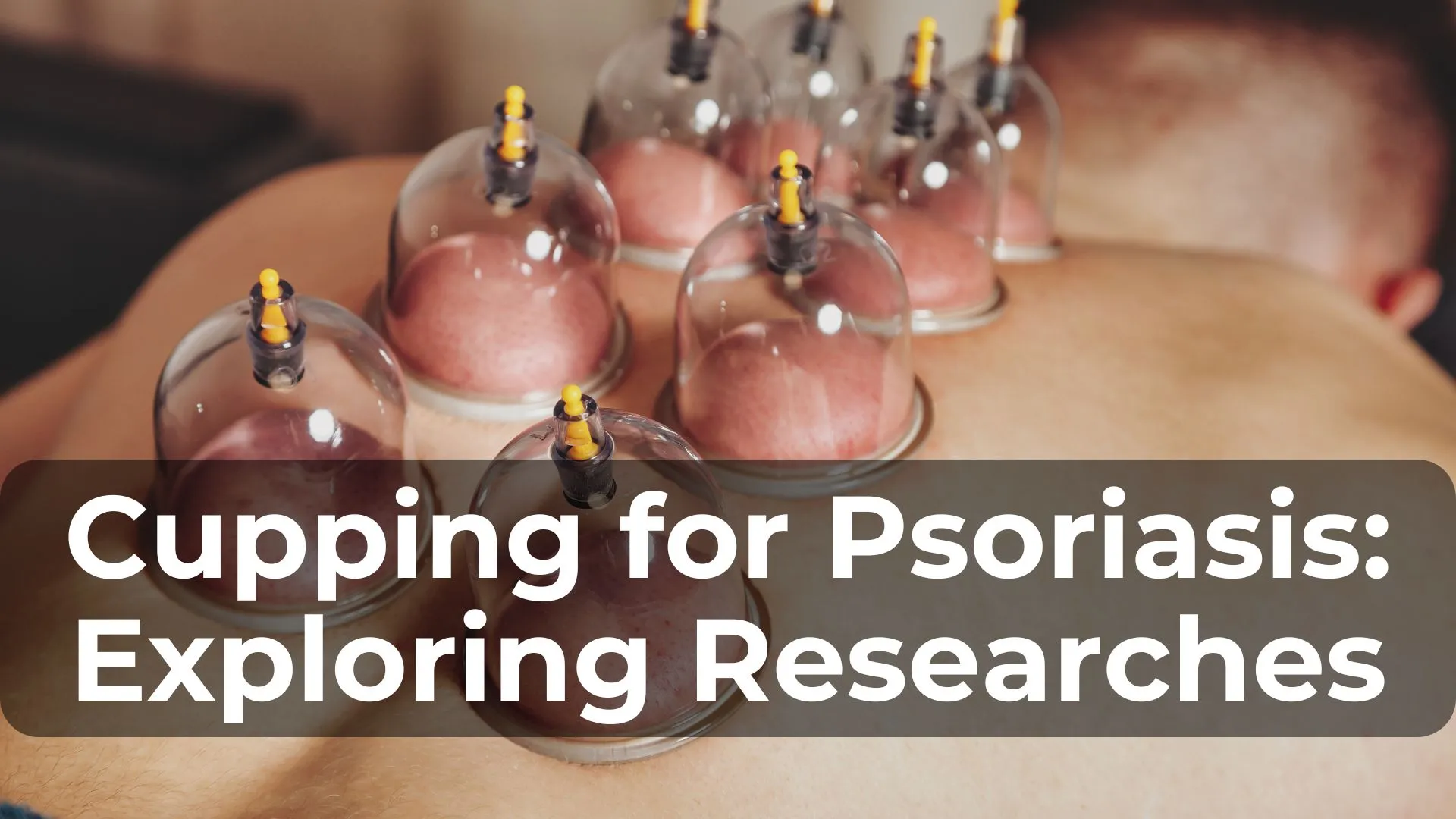
Living with psoriasis can be a daily challenge, especially when it comes to maintaining a regular exercise routine. But guess what? Staying active is not only possible but also incredibly beneficial for managing psoriasis. The key is to find the right balance and avoid triggering flare-ups. Let’s explore some effective exercise routines that can help you stay fit without aggravating your psoriasis.
Why Exercise is Important for Psoriasis Patients
You might be wondering, why bother with exercise if you have psoriasis? Well, staying active has numerous benefits that go beyond just physical fitness:
- Reduces Inflammation: Regular exercise can help lower the inflammation levels in your body, which is a major culprit behind psoriasis flare-ups.
- Boosts Immune System: A strong immune system can help manage autoimmune conditions like psoriasis more effectively.
- Improves Mood: Exercise releases endorphins, the body’s natural mood lifters, which can help combat the stress and anxiety that often accompany chronic conditions.
- Promotes Overall Health: Maintaining a healthy weight and cardiovascular fitness is crucial for overall well-being and can prevent other health issues.
Choosing the Right Exercise
Not all exercises are created equal, especially when you’re dealing with psoriasis. Here’s a breakdown of some psoriasis-friendly exercise routines:
Low-Impact Aerobics
Low-impact aerobic exercises are gentle on your joints and skin, making them perfect for psoriasis patients. These include activities like:
- Walking: A simple walk in the park can do wonders. It’s low-intensity, doesn’t require special equipment, and you can adjust the pace to suit your fitness level.
- Cycling: Whether on a stationary bike or out on the road, cycling is a great way to get your heart rate up without putting too much strain on your body.
- Swimming: Swimming in a pool can be incredibly soothing. The water supports your body, reducing the impact on your joints, and it’s an excellent full-body workout.
Strength Training
Building muscle strength is important, but it’s essential to do it safely to avoid any skin irritation:
- Bodyweight Exercises: Push-ups, squats, and lunges are excellent ways to build strength without needing any equipment. Just ensure your skin stays dry and avoid friction as much as possible.
- Resistance Bands: These are great alternatives to weights and are gentler on your skin. They come in various resistance levels, so you can gradually increase the intensity of your workouts.
Yoga and Pilates
These mind-body exercises are fantastic for flexibility, strength, and stress reduction:
- Yoga: Yoga poses can be modified to suit your fitness level and skin condition. The focus on breathing and relaxation can also help reduce stress, a common trigger for psoriasis.
- Pilates: This exercise focuses on core strength and stability. Like yoga, it can be tailored to your needs and done at home with minimal equipment.
Tips to Prevent Flare-Ups During Exercise
The last thing you want is for your workout to trigger a psoriasis flare-up. Here are some tips to keep in mind:
Stay Cool and Hydrated
Heat and sweat can irritate your skin, so it’s important to stay cool:
- Exercise in Cooler Environments: If possible, work out in an air-conditioned room or go for a swim.
- Wear Moisture-Wicking Clothing: These fabrics help keep sweat away from your skin, reducing irritation.
- Stay Hydrated: Drink plenty of water before, during, and after your workout to keep your skin hydrated.
Protect Your Skin
Taking a few precautions can go a long way in protecting your skin:
- Apply Moisturizer: Before exercising, apply a gentle moisturizer to any areas prone to dryness or irritation.
- Shower After Exercising: Wash off sweat and bacteria to prevent any potential irritation or infection.
Listen to Your Body
Your body knows best, so pay attention to its signals:
- Rest When Needed: If you feel overly tired or notice any irritation, take a break. It’s better to have a light workout than to push yourself too hard.
- Modify Exercises: Don’t be afraid to adjust your routine to better suit your needs and comfort levels.
Holistic Approaches to Managing Psoriasis
Exercise is just one piece of the puzzle. To truly manage psoriasis, a holistic approach is essential. This means addressing physical, chemical, and emotional aspects of your health:
Physical Aspects
- Regular Exercise: As we’ve discussed, staying active is crucial. Find what works for you and stick with it.
- Sunlight Therapy: Moderate exposure to sunlight can help improve psoriasis symptoms for some people.
Chemical Aspects
- Dietary Changes: Focus on anti-inflammatory foods like fruits, vegetables, nuts, and fatty fish. Avoid processed foods and alcohol.
- Detoxification: Drink plenty of water and consume detoxifying foods to help eliminate toxins.
- Supplements: Omega-3 fatty acids, vitamin D, and probiotics can support your body’s healing process.
Emotional and Spiritual Aspects
- Stress Management: Practices like meditation, mindfulness, yoga, and deep-breathing exercises can help reduce stress.
- Emotional Support: Seek support from friends, family, or support groups to help cope with the emotional challenges of living with psoriasis.
Natural Remedies for Soothing the Skin
Incorporating natural remedies into your routine can provide additional relief:
- Aloe Vera: Apply aloe vera gel to reduce redness and itching.
- Coconut Oil: Use coconut oil as a moisturizer to keep your skin hydrated.
- Oatmeal Baths: Soak in an oatmeal bath to soothe irritated skin.
The Psoriasis Freedom Protocol
For a comprehensive guide to natural healing, consider the Psoriasis Freedom Protocol. This step-by-step guide emphasizes detoxifying your body, balancing your immune system, and addressing all aspects of your health to promote natural healing.
Final Thoughts
Staying active with psoriasis might seem daunting, but with the right approach, it’s entirely possible. Remember, the key is to find exercises that work for you and avoid anything that might trigger a flare-up. Combine your fitness routine with a holistic approach to health, and you’ll be well on your way to managing psoriasis effectively. So, lace up those sneakers, roll out the yoga mat, or hop on that bike, and start your journey to better health today.





